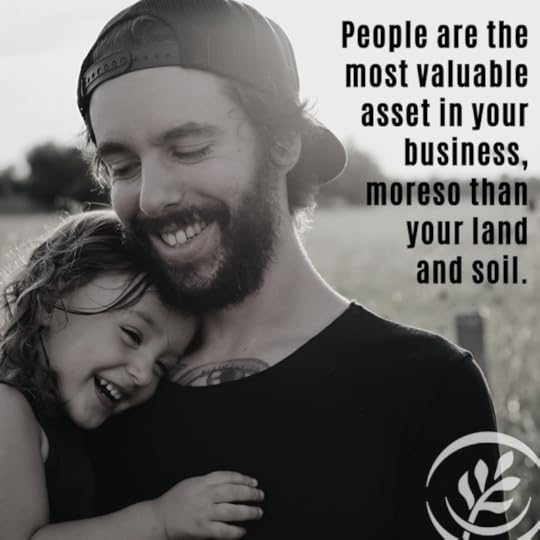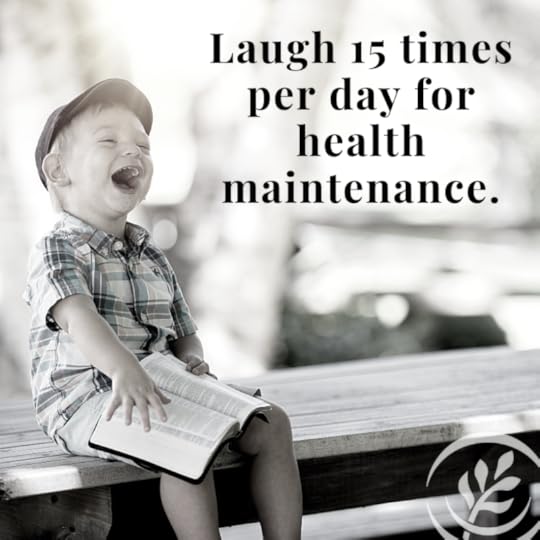H.O.P.E. for Agriculture

Consider the hours you’ve spent in the field or barn carefully monitoring your crops or animals. You likely spent time assessing the environment, diagnosing problems, and considering improvements.
When was the last time you did the same for yourself? What if we cared for the people of agriculture the same way we do with the products we grow? We often adopt an attitude of “let’s not talk about it” when it comes to mental health, embracing the idea of “pull yourself up by your bootstraps.” That’s topped off with “I don’t need any help” in the independent culture of farming, ranching, and every business who supports food production.
Data clearly shows that’s not working in the face of a global pandemic, constantly changing markets, weather problems, and all of the pressures piled on farmers and ranchers. You’ve likely read about suicide rates; the people of agriculture have to get better at self-care so we quit losing loved ones. If you know of someone who is considering harming themselves, or you’d like tools, please see this list of mental health resources.
Let’s be honest – the stigma surrounding mental health in agriculture doesn’t allow us to openly address the problem or offer solutions. Here’s some H.O.P.E. to help:
H = Health
Eat right, sleep right. These are the same answers given by nearly every person with whom I’ve talked about their experience with depression, anxiety, death of a loved one by suicide, and mental health challenges. Remember, mental health needs to be treated the same as dealing with a broken arm, heart problems, or chronic disease. You need to proactively manage your health – all health, including what is going on between your ears.
Getting enough sleep is proven to reduce stress. If you’re not sleeping well for more than a few weeks, seek medical expertise – it matters more than most understand. If you can’t sleep, you can’t function well enough to make good self-care decisions, let alone operate well in business.
Likewise, eating food that meets your nutritional needs will also feed your mental well-being as much as it does your body. While the bag of chips may be more convenient and your favorite habit, munching on some carrots is likely to have better results for your health. If you don’t let your animals eat the least healthy feed, perhaps you shouldn’t either. Have the discipline to shake up your bad eating habits and see how much better it makes you feel after a couple of weeks.
O = Openness
Asking for help can be one of most difficult actions for an independent person raised amongst agriculture’s mindset of “take care of a problem by yourself.” Yet, being open to help can be one of the greatest gifts you can give yourself. I’ve also found that asking others for help is a gift to them.
Openness to help means that you’re willing to talk to a friend, go to a medical professional, get medical intervention when needed, and ask others to do what you cannot. While going through a divorce, I learned to suck up my pride and ask friends for help. I found they were thankful to be able to help and I was stronger for it admitting I needed help.
Life isn’t meant to be lived alone, even if you’re on a 10,000 acre ranch, can handle a $500,000 piece of farm equipment with ease, or deal with the livestock 10x your size. Be open to others. You may be surprised to find that you’re stronger for being open to help.

P = Perspective
You weren’t born a farmer, but as a human. Really. That’s an important perspective to keep in mind when balance sheets are negative, Mother Nature delivers blows, consumers question every move, and trade wars leave farm prices in the toilet. Your identity is not 100% in what you do – there is life beyond agriculture.
It’s important to maintain a human-first perspective, no matter what your role is in agriculture. Humans before business. Step away, find space between your business and personal life through hobbies (yes, you need them!), sporting events, family time, fun with friends, or alone time in your favorite place. Take time out for some pleasure to protect your health, while increasing your productivity and effectiveness.
Did you know laughing 15x/day is important for health maintenance? It activates muscles, oxygen increases in the blood, and your cardiovascular system dilates. Laughter is scientifically proven to make you feel better, plus it releases pent-up feelings of anxiety, fear, and anger. Laugh to find perspective.
E = Exercise
Yes, get your heart pumping is part of the H.O.P.E. equation. “Physical activity helps bump up the production of your brain’s feel-good neurotransmitters, called endorphins,” according to the Mayo Clinic. “Regular exercise can increase self-confidence, it can relax you, and it can lower the symptoms associated with mild depression and anxiety. Exercise can also improve your sleep, which is often disrupted by stress, depression and anxiety. All of these exercise benefits can ease your stress levels and give you a sense of command over your body and your life.”
Agriculture has become much more sedentary in the last two decades, so it’s important to incorporate exercise into your day. How? You get to decide. Long walks, a home gym, going to the Y, working out with friends. My husband and I are avid cyclists, so we find new trails to enjoy together. I also have spinning and kickboxing classes as standing appointments on my calendar, in the interest of self-care being scheduled. You get to decide what works for you.
Summer is a great season to assess your self-care, diagnose problems, and consider how you can improve. I’m not asking for you to do yoga on a tractor or meditate with the cows. I am asking you to consider how H.O.P.E. can help your mental health. After all, don’t you deserve health and happiness? I think you do. How can you bring H.O.P.E. to others in agriculture?



